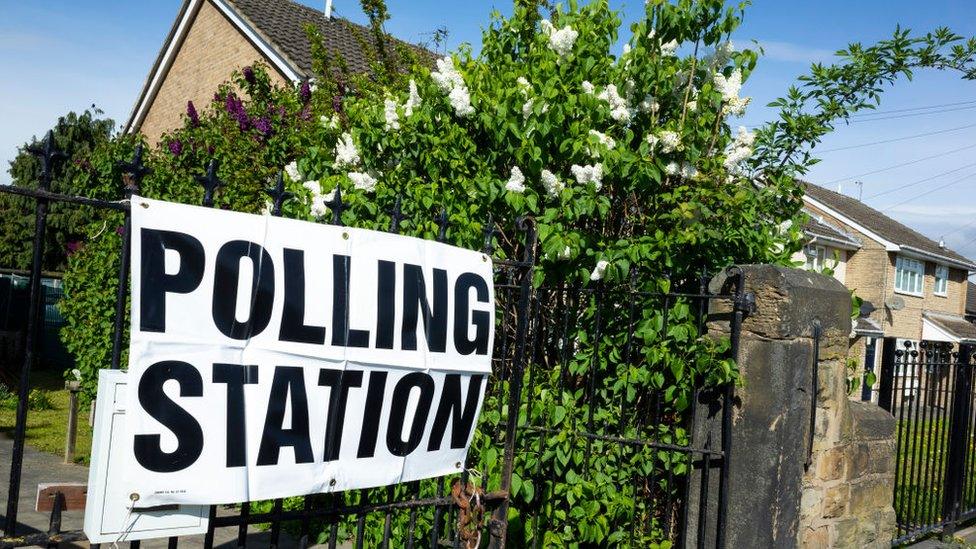Local elections 2023: Focus on North East England
- Published
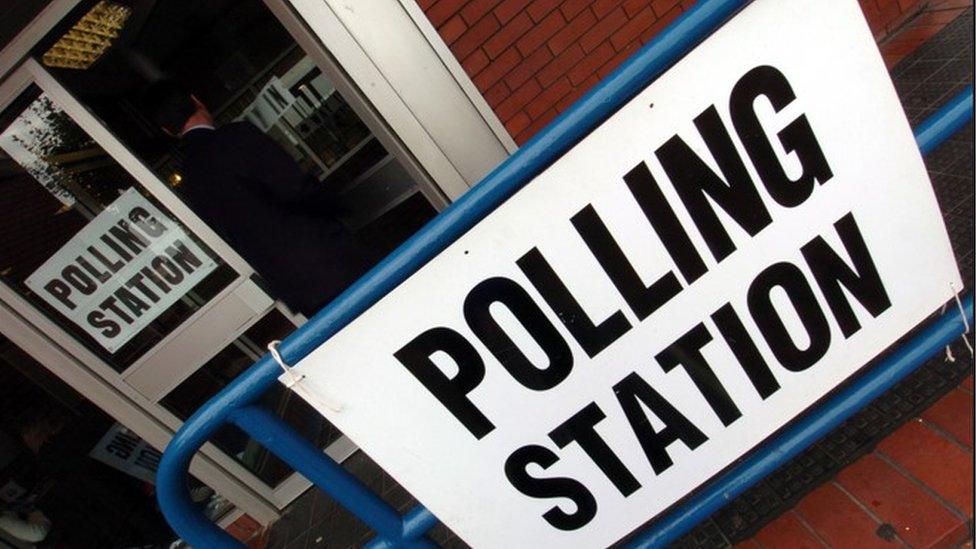
The region is seen as a key battleground in the 2023 local elections
The North East will be a key battleground in the local elections, testing whether Labour's national poll lead translates into votes.
Four years ago, it was a horror show for the party as it lost dozens of councillors, and control of many of its local authorities.
That May 2019 result was a warning to the party of what was to follow.
Seven months later, Labour saw a string of North East parliamentary seats fall to Boris Johnson's Conservatives.
That does now look like the high point of North East Tory success. Boris Johnson ran out of road, Liz Truss came and went, and now Rishi Sunak finds himself struggling to eat into big Labour poll leads - particularly in areas where the party's roots are shallower.
In last year's local elections, Labour made progress, but this year it'll want to see something more spectacular.
The Tees Valley area will be the key test.
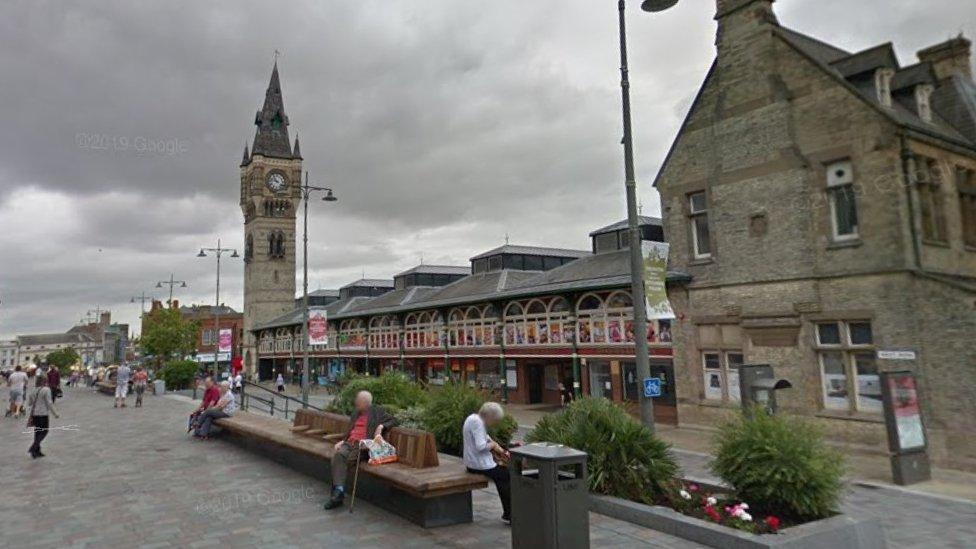
Labour want to reverse Tory control in Darlington after losing council power in 2019
Darlington offers the clearest Labour-Conservative contest. In 2019, the Tories ended 22 years of Labour control and they currently run the council as the largest party.
Labour will want to reverse that position. Winning back control though would be a real sign of rapid recovery. There are others looking to make gains - the Green Party secured their first two councillors in 2019 and are targeting more.
But the neighbouring contests look more complex. Independent candidates did well four years ago. That means many of the seats Labour now need to win are held by them rather than the Conservatives.
In Middlesbrough, Labour will fancy their chances of unseating enough of those 2019 winners to regain its majority in the council chamber, but they'll need to defeat the most prominent Independent victor, businessman Andy Preston, to take the plum position of elected mayor.
Preston's term has not been without its controversies, but Labour candidate Chris Cooke knows he is in a tough fight. Another Independent - Jon Rathmell - and Conservative John Henry Cooper, are also standing.
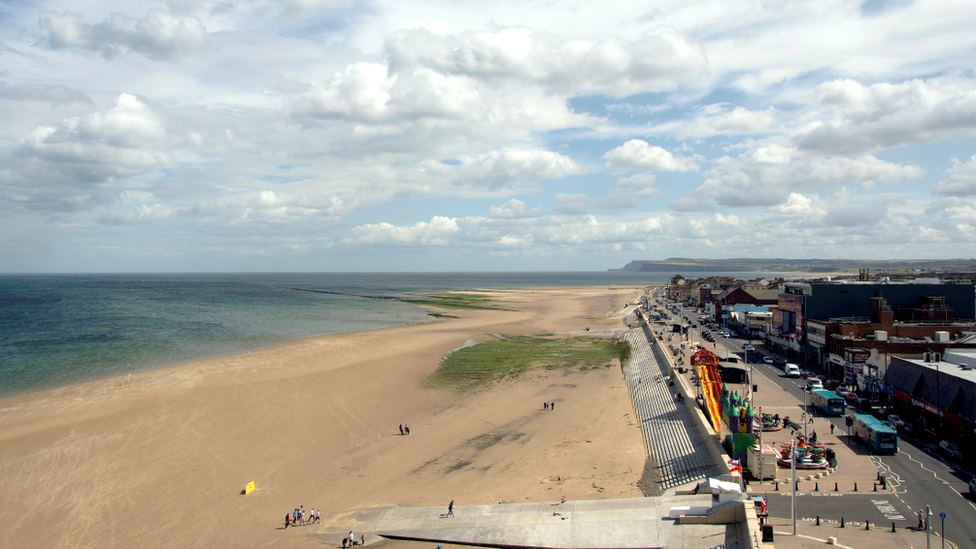
Redcar's council is controlled by Independents and Liberal Democrats, another region in Labour's sights
Independents will also be in Labour's sights in Redcar and Cleveland - as they run the council alongside the Liberal Democrats. Winning back a council which includes two Conservative MPs would be a big boost.
Elsewhere, it looks like a case of consolidation.
Labour also lost its majority in Stockton's council chamber in 2019, but carried on running it as the largest party. Now it will want to regain full control.
It will also be targeting extra councillors in Hartlepool but, as only a third of seats are up there, retaking another council lost four years ago will be a stretch.
Further north, Labour has little left to gain as it already dominates across Tyneside and Wearside, where again only a third of the seats are at stake.
There may be gains at the Conservatives' expense in Sunderland but the Liberal Democrats will also be looking to make headway, and take over as the city's main opposition party.
Labour though faces a fight to retain its current dominance in South Tyneside where the Green Party has been winning seats since 2019. It'll be the main Green target, though they will have some hope of breaking through in Newcastle and Gateshead, even if the Liberal Democrats will remain Labour's main urban challenger.
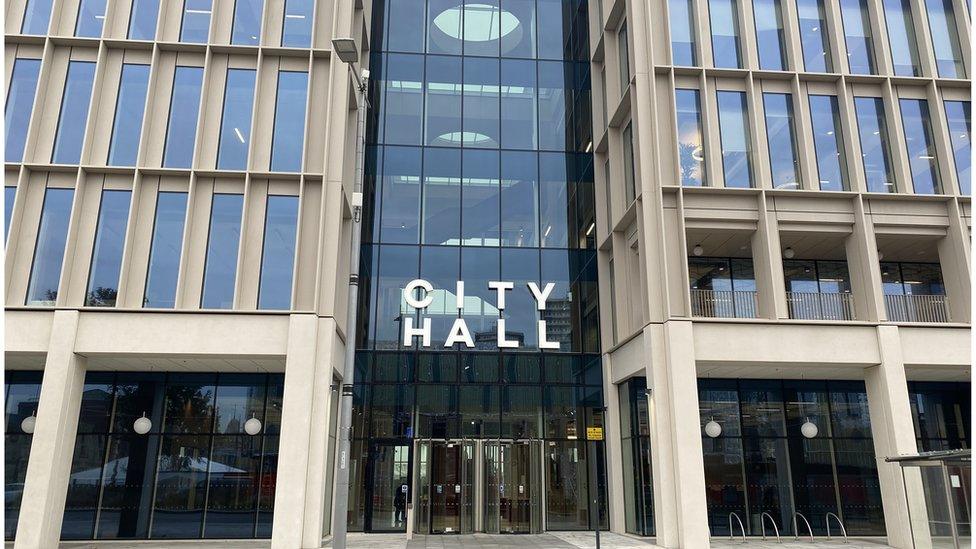
The Lib Dems are looking to make ground in Sunderland and want to take over as the main opposition
But what of the Conservatives? National polling suggests they should expect a tough night. They face a squeeze on all sides, with Reform UK also looking to eat into their vote in places like Hartlepool and Sunderland.
There are some limited grounds for optimism.
Labour's 2019 North East nightmare was a long time in gestation, and not all bridges may have been rebuilt.
Although the Tory vote may have peaked, it could still be higher than May 2019. Their coterie of Conservative MPs provide a focus for campaigning, and loudly beat the drum for any investment. The party's Tees Valley Mayor Ben Houchen appears to remain popular.
Against that is the pain the England's poorest region has endured through the cost of living crisis, and a sense that the Conservative promise to "level up" remains far from mission accomplished.
What's certain is that all the parties will be studying results closely to see what they reveal about the prospects of that ultimate poll - the next general election - in a region with so many potentially key contests.
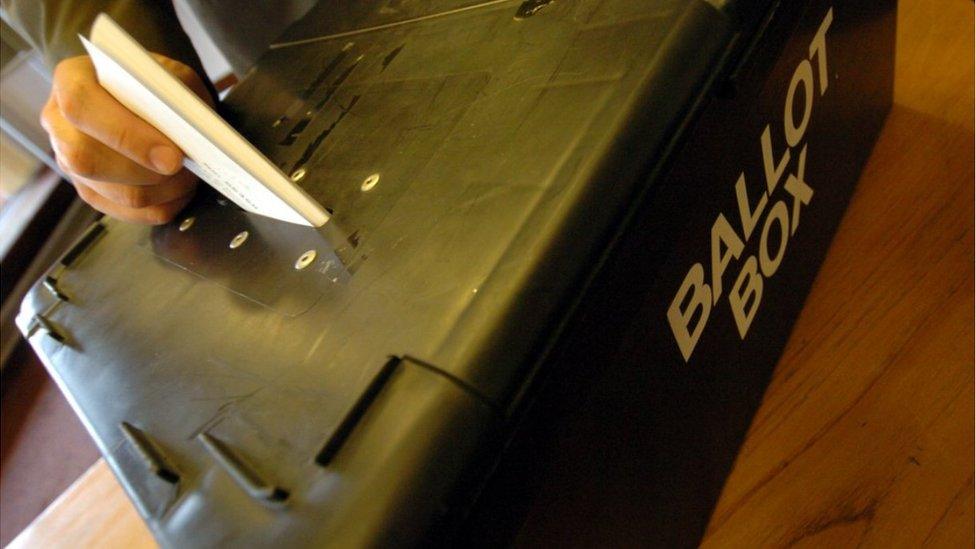
Voters in the North East of England will be able to vote in the local elections on 4 May, 2023

Follow BBC North East & Cumbria on Twitter, external, Facebook, external and Instagram, external. Send your story ideas to northeastandcumbria@bbc.co.uk, external.
- Published6 April 2023
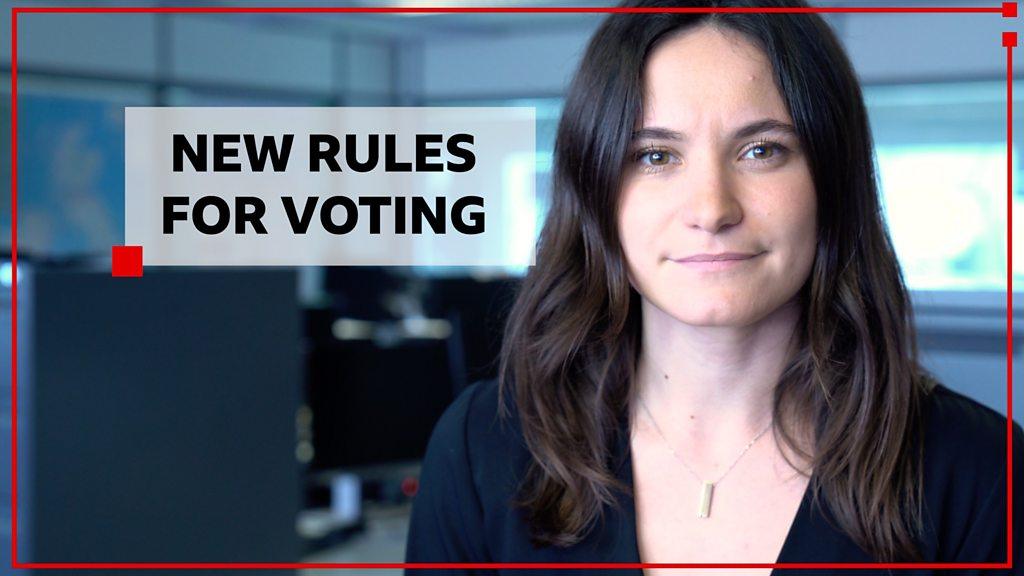
- Published3 May 2023

- Published9 May 2023
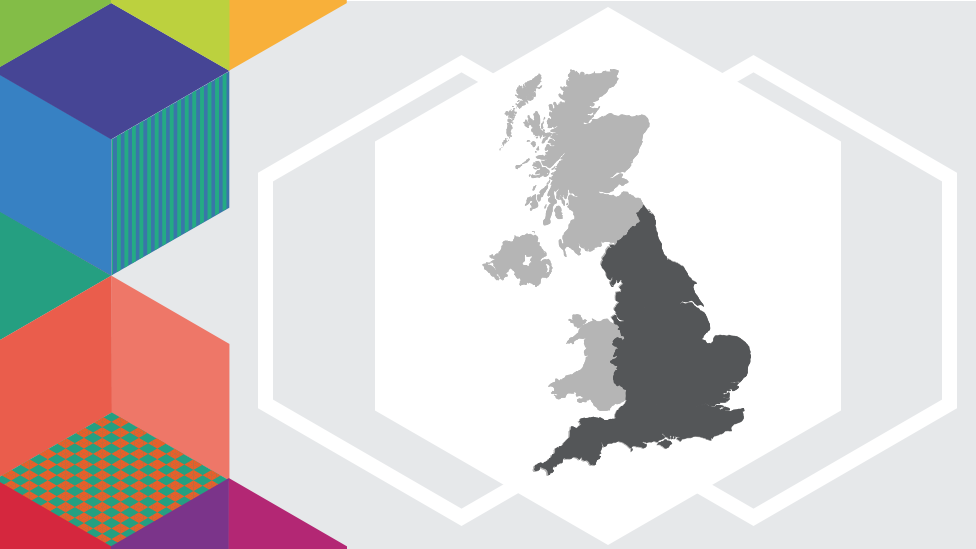
- Published29 April
